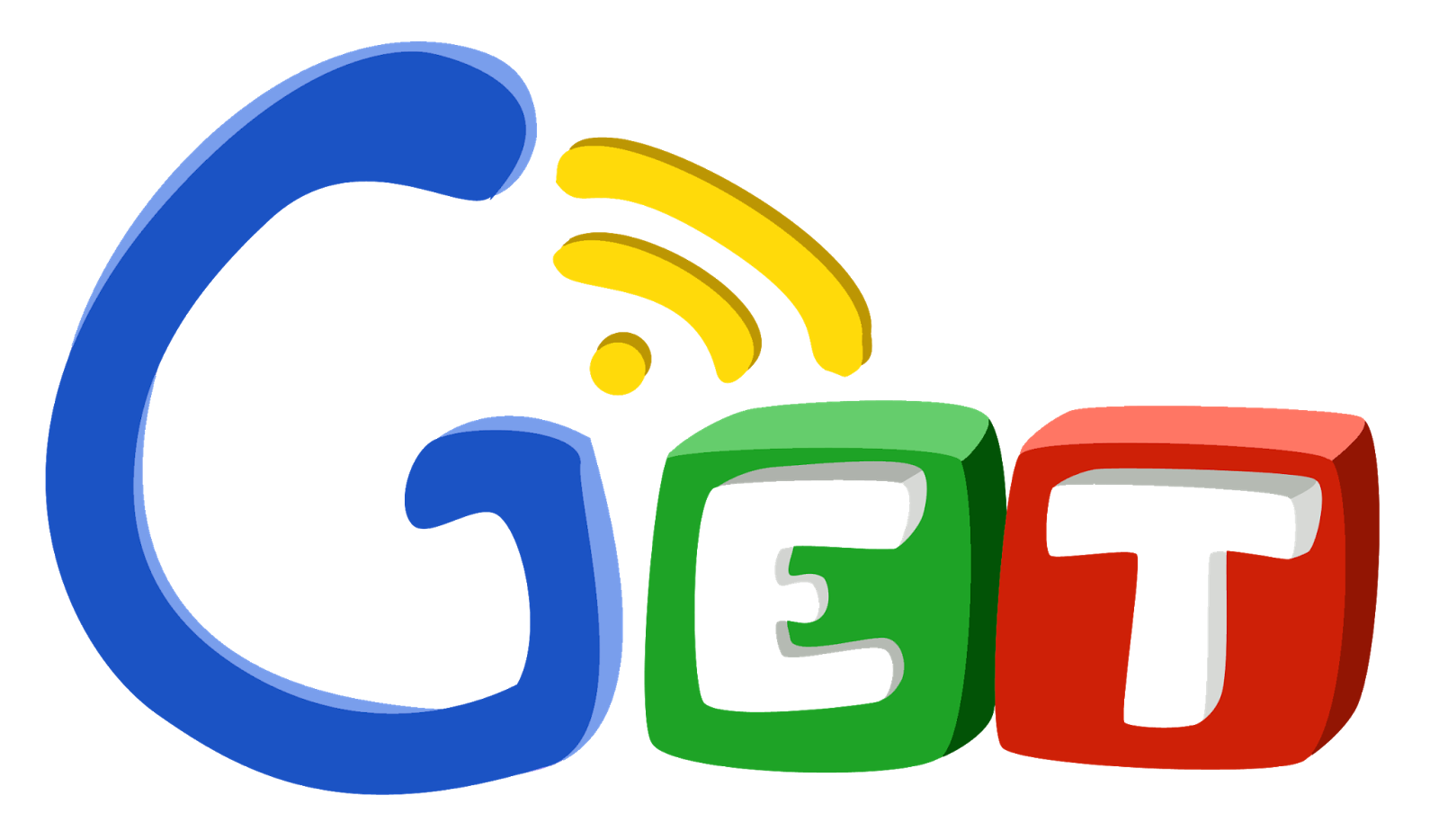How a Busy Lifestyle Impacts Learning: Distraction or Cognitive Advantage?
Introduction: The Modern Dilemma of Busyness and Learning
In today’s fast-paced society, many individuals juggle work, family, social obligations, and personal development. This constant busyness often raises an important question for learners of all ages: does a busy lifestyle distract from learning, or can it actually enhance cognitive abilities? Understanding this relationship is crucial for anyone striving to balance ambition with effective learning.
Research Insights: Busyness and Cognitive Performance
Contrary to popular belief, several recent scientific studies suggest that a busy lifestyle may not necessarily distract from learning . In fact, it can be associated with better cognitive performance , particularly in memory and reasoning tasks. For example, a large-scale study of adults aged 50-89 found that individuals reporting higher day-to-day busyness demonstrated superior episodic memory, processing speed, working memory, and reasoning skills. These effects persisted even after accounting for age and education levels [1] . Another analysis reinforced that busy individuals consistently performed better on tests of working and long-term memory, crystallized knowledge, and reasoning [2] .
The underlying mechanisms remain under scientific investigation, but researchers propose that an engaged, active lifestyle may help retain neurons in the hippocampus-a brain region critical for learning and memory [2] . However, it is important to note that most findings are correlational. While busyness and cognition are linked, causality has not been firmly established [1] .
Busyness, Mental Engagement, and Stress
Engagement in diverse activities-social, mental, and physical-has been shown to bolster cognitive reserve and may delay cognitive decline. However, the relationship between overall busyness and learning is nuanced. While busyness often brings mental stimulation, it can also introduce stress , which may negatively impact learning and memory if not managed properly [3] . High levels of stress may overwhelm cognitive resources, making it harder to concentrate and absorb new information.
Balancing mental engagement with recovery and stress-management strategies is key. Individuals who maintain high activity levels but also prioritize rest and stress reduction tend to experience the greatest cognitive benefits [3] .
Real-World Examples: Busyness Enhancing or Hindering Learning
Consider a working adult pursuing a part-time degree. Their schedule is packed with professional tasks, family responsibilities, and coursework. If well-managed, this variety can keep the mind sharp, reinforcing learning through application and diverse experiences. On the other hand, if the busyness becomes overwhelming-resulting in chronic fatigue or poor time management-learning and memory may suffer.
Similarly, older adults who actively participate in community events, hobbies, and educational programs often report stronger memory and learning abilities. In contrast, those who feel perpetually rushed or unable to focus may struggle to retain new information.
How a Busy Lifestyle Can Distract from Learning
Despite the potential cognitive benefits, a busy lifestyle can sometimes distract from effective learning . Key challenges include:
- Multitasking: Attempting to learn while handling multiple tasks can reduce focus and memory retention.
- Lack of Downtime: Continuous activity without breaks impedes the brain’s ability to consolidate information.
- Increased Stress: Chronic stress associated with high busyness can impair cognitive functions, especially memory formation.
- Poor Sleep: Overcommitment often leads to insufficient sleep, which is vital for learning and memory.
To mitigate these risks, it’s important to structure busy routines to allow for focused learning periods and adequate rest.
Practical Strategies to Balance Busyness and Learning
To ensure that a busy lifestyle supports rather than hinders learning, consider the following actionable steps:
1. Prioritize and Schedule Learning Sessions
Allocate specific times for learning activities, treating them as non-negotiable appointments. Use digital calendars or planners to block out these periods. Avoid multitasking during learning sessions to maximize focus and retention.
2. Integrate Learning into Daily Activities
Look for opportunities to incorporate learning into your routine. Listen to educational podcasts during commutes, review notes during lunch breaks, or discuss new concepts with colleagues and friends to reinforce understanding.
3. Manage Stress Proactively
Adopt stress-reduction techniques such as mindfulness, deep breathing, or regular physical activity. Prioritize sleep and nutrition to maintain optimal brain function. If stress becomes overwhelming, consider seeking support from mental health professionals or employee assistance programs.
4. Leverage Social and Professional Networks
Join study groups, professional associations, or community classes. Engaging with others can provide motivation, new perspectives, and accountability, which are particularly valuable for busy individuals striving to learn effectively.
5. Practice Reflective Learning
Set aside time at the end of each day or week to reflect on what you’ve learned. Journaling or summarizing key points can help consolidate knowledge and identify areas needing further review.
Potential Barriers and Solutions
Barrier: Overcommitment leading to burnout. Solution: Regularly assess your commitments and be willing to say no to nonessential activities. Use productivity tools to identify and eliminate time-wasters.
Barrier: Difficulty maintaining focus. Solution: Create a dedicated, distraction-free environment for learning. Use techniques such as the Pomodoro method-25 minutes of focused work followed by a 5-minute break-to enhance concentration.

Source: confusedwords.org
Barrier: Limited access to learning resources. Solution: Many organizations and academic institutions offer online courses, webinars, and resource libraries that can be accessed at your convenience. Check with your employer, local library, or accredited online platforms for available options.
Alternative Approaches for Lifelong Learners
For those unable to reduce their busyness, alternative learning formats such as microlearning modules, audio courses, and mobile learning apps can provide flexible, bite-sized educational opportunities. These formats allow learning to fit into even the busiest schedules without overwhelming the individual.
How to Access Support and Further Resources
If you are seeking additional support to manage your busy lifestyle and learning goals, consider the following steps:
- Contact your human resources department or employee assistance program for time management workshops and stress management resources.
- Search for adult education centers, community colleges, or university extension programs in your area for flexible course offerings.
- Utilize public library services, many of which offer free workshops, online learning platforms, and study spaces.
- If you’re experiencing persistent stress or cognitive difficulties, consult a licensed psychologist or counselor for personalized strategies.
For the latest research and evidence-based recommendations on cognitive health, visit the Centers for Disease Control and Prevention’s cognitive health resources [3] . Additionally, searching for ‘adult learning strategies’ or ‘time management for busy adults’ through reputable educational institutions can yield step-by-step guides and online support.

Source: woodwardenglish.com
Conclusion: Harnessing Busyness for Learning Success
A busy lifestyle does not inherently distract from learning; in many cases, it can foster cognitive engagement and growth if managed with intention. By prioritizing mental engagement, managing stress, and utilizing flexible learning strategies, individuals can transform their busyness into a catalyst for personal and professional development.
References
- [1] Festini, S. B., McDonough, I. M., & Park, D. C. (2016). The Busier the Better: Greater Busyness Is Associated with Better Cognition. PMC. Study on busyness and cognitive performance in adults.
- [2] NeurologyLive (2016). Does a Busy Lifestyle Improve Memory? Article on research linking busyness and cognitive functioning.
- [3] Festini, S. B. (2022). Busyness, mental engagement, and stress: Relationships to neurocognitive aging and behavior. PMC. Review of busyness, cognition, and stress.
- [4] Centers for Disease Control and Prevention (2024). Cognitive Health Resources. Official CDC guidance on cognitive health.



